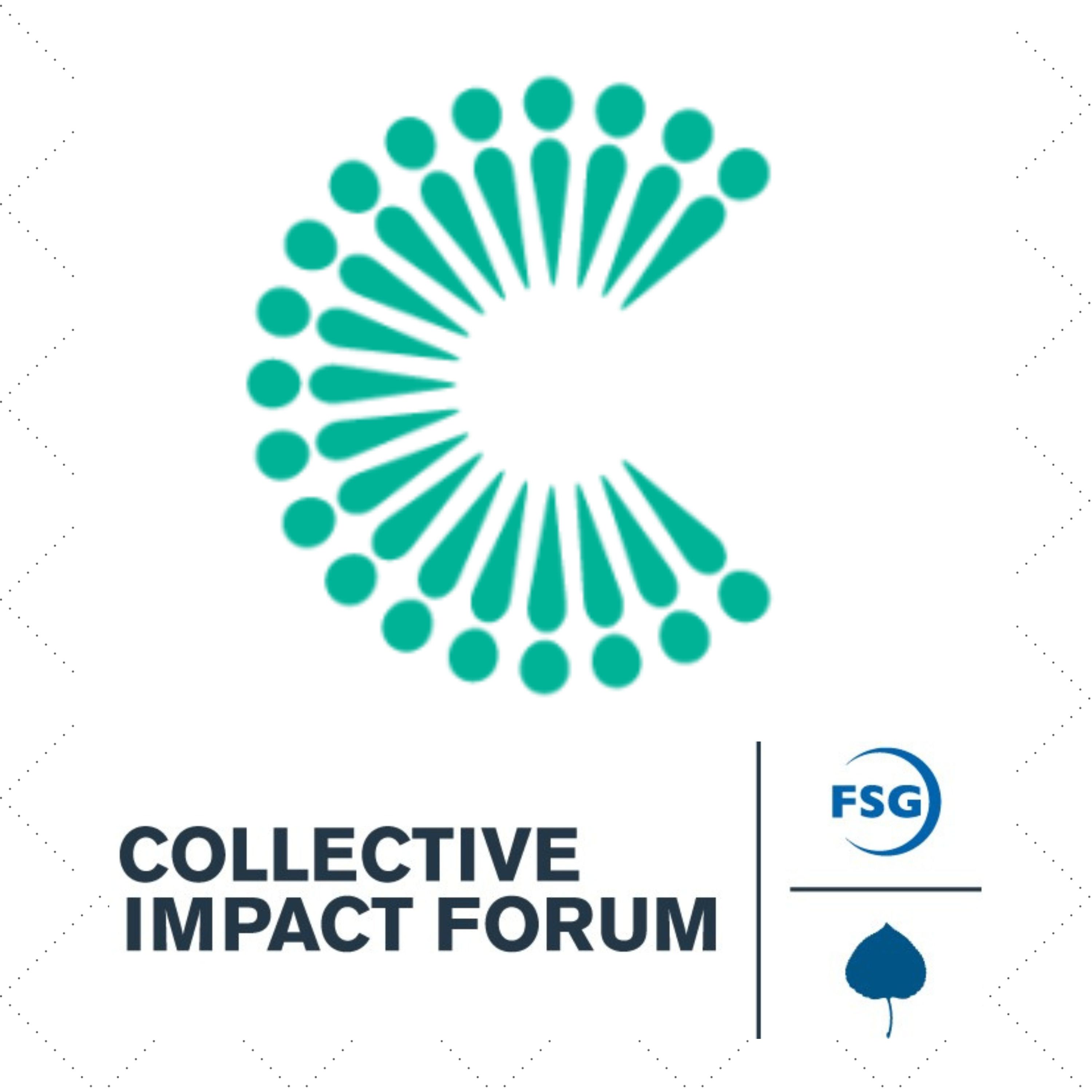Roundtable Discussion: Reflecting on Collective Impact for Place-Based Social Change
In September 2021, Melody Barnes, chair of the Aspen Institute Forum for Community Solutions, led a conversation with four social change leaders who for more than a decade have used collective impact to create collaborative, place-based change. Participants included Jennifer Blatz, president and CEO of StriveTogether, a national network of local communities striving to achieve racial equity and economic mobility, supporting the success of every child from cradle to career; Geoffrey Canada, founder and president of Harlem Children’s Zone and the recently launched William Julius Wilson Center, nonprofits working to break the cycle of intergenerational poverty with comprehensive, on-the-ground programming that builds opportunities for children, families, and communities; Rosanne Haggerty, president and chief executive officer of Community Solutions, a nonprofit working to achieve a lasting end to homelessness; and Erik Stegman, chief executive officer of Native Americans in Philanthropy, an organization promoting increased and equitable investments in tribal communities that align with Indigenous values.During this roundtable, the participants discussed how their years of experience with collective impact has evolved and what they have learned that will carry them into the next decade of collaborative work to improve communities. This discussion is an unabridged version of an article shared in the Stanford Social Innovation Review titled Reflecting on Collective Impact for Place-Based Social Change.Resources and FootnotesArticle: Centering Equity in Collective ImpactMore on Collective ImpactInfographic: What is Collective Impact?Resource List: Getting Started in Collective ImpactThe Intro music, entitled “Running,” was composed by Rafael Krux, and can be found here and is licensed under CC: By 4.0.The outro music, entitled “Deliberate Thought,” was composed by Kevin Macleod. Licensed under CC: By.Have a question related to collaborative work that you'd like to have discussed on the podcast? You can send it to our short podcast listener survey or at [email protected].
 Sign in
Sign in Sign in
Sign in Sign in
Sign in









































